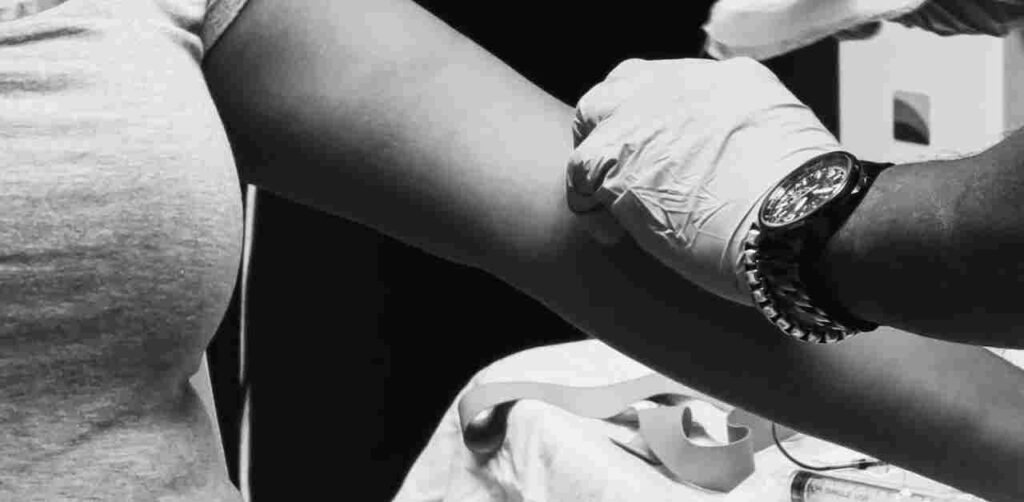Published by: National Institute on Aging
One donated brain can make a huge impact, potentially providing information for hundreds of studies on brain disorders, such as Alzheimer’s and related dementias. Learn about the brain donation process and how to get started.
Why is brain donation important?
Brain donation helps researchers better understand the causes and potential treatments for brain disorders that affect millions of people.
Who can donate?
Anyone over age 18 who has a brain disorder or a healthy brain can donate. Many brains are needed from diverse populations and ages.
What happens to the brain after donation?
A specialist carefully removes the brain through the back of the head in a way that does not affect a person’s appearance. The brain is sent to a brain bank, which distributes tissue samples to qualified researchers. The body is returned to the family for burial or cremation and related ceremonies.
Are there any fees for me or my family?
No, when donating as part of a study or to the brain banks of the National Institutes of Health, there is no cost to the family for the donation procedure.
How do I donate?
Brain donation is different from other organ donations. You can donate by enrolling in a brain donation program or a research study.
What do my family and friends need to do?
Agree on who will contact the brain donation center at the time of death.
How do I talk with my family and friends about brain donation?
Tell them why you want to donate your brain and share what you’ve learned. Talk with them early in your decision-making process. Contact a brain donation center to help answer questions.
Ready to take the next step?
To become a brain donor, consider enrolling in a study that leads to brain donation, such as through the Alzheimer’s Disease Research Centers at www.nia.nih.gov/health/alzheimers-disease-research-centers, or enrolling to donate to the brain banks of the NIH by going to www.braindonorproject.org.
